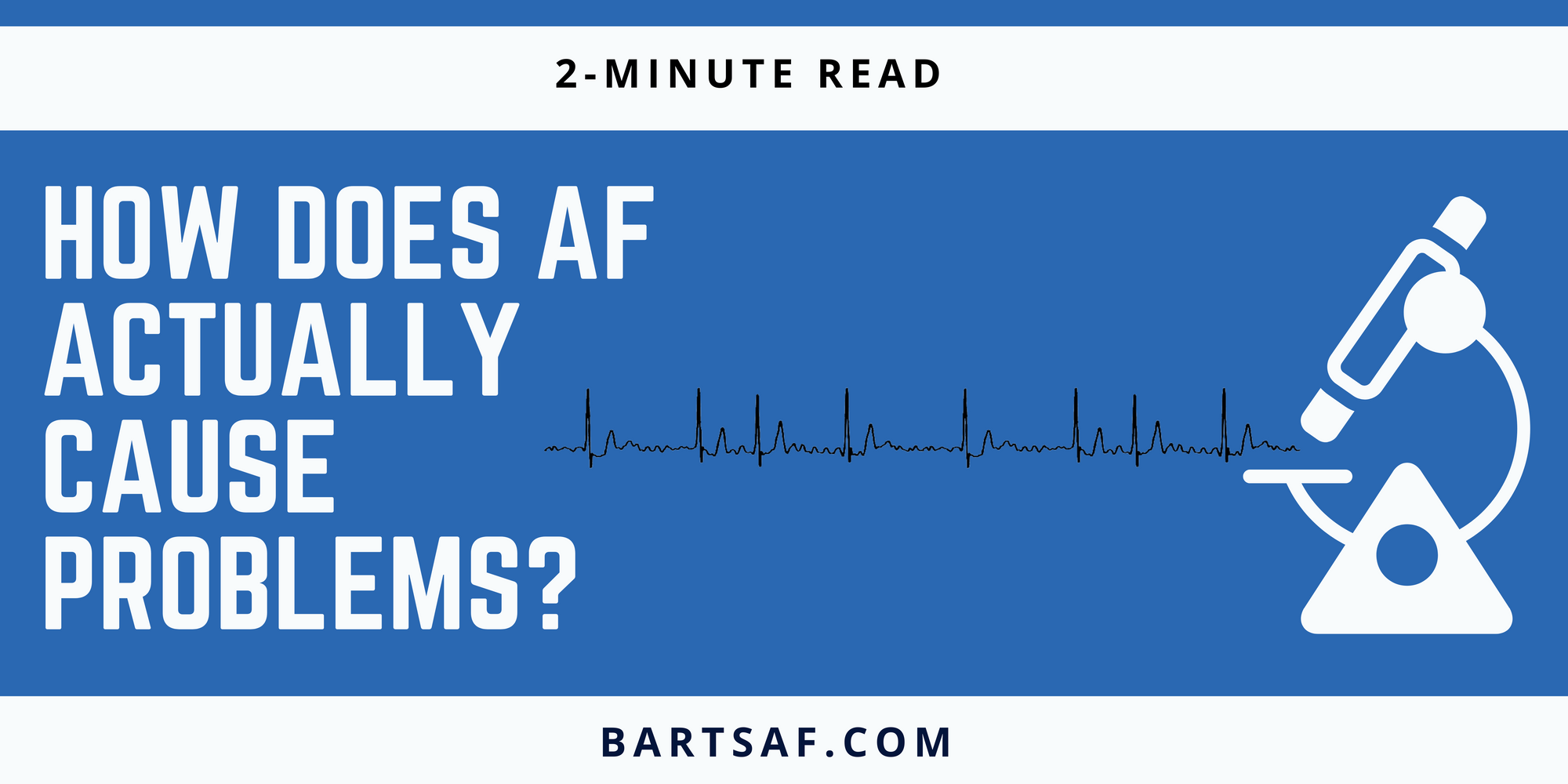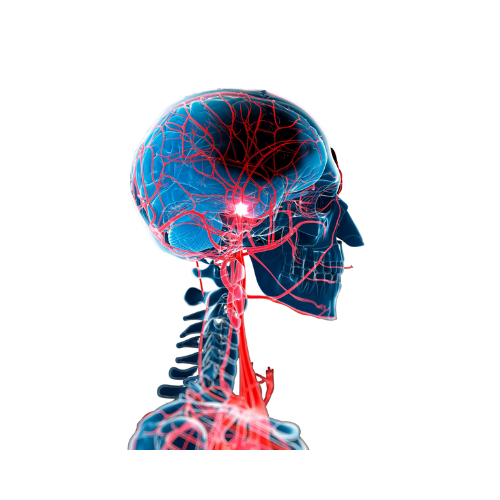How does AF actually cause problems?

This is something we don’t have a precise answer to yet. Partly because people respond so differently to their heart going into AF so it is hard to give an overarching answer.
Imagine the heart like a pair of bellows that push blood around the body. If the bellows are squeezing too quickly or erratically you don’t get enough blood to your muscles and lungs it can potentially lead to shortness of breath or tiredness. If you don’t get enough blood to your brain it can cause lightheadedness or dizziness. It is important to remember that the human body has a great capacity of adaptation and compensation.

So even if AF disrupts the speed and regularity of the heart beat, it can adapt by improving the strength of the other heart chambers to compensate and maintain a good amount of blood flow out of the heart. This is why sometimes people with AF feel fine when resting, but when they push themselves doing activities or exercise, these compensation mechanisms can’t keep up and then they get symptoms.
AF causes 1 in 4 strokes in people over the age of 40 as well. Do you remember we described the fibrillating (vibrating) behaviour of the atria [the top chamber of the heart)? So it no longer actively squeezes blood through the heart, it instead acts like a sack that blood passively flows through. Blood is thicker than water and if you imagine what happens to custard that’s left to sit and not stirred, it can clot and form a lump that can then potentially flow to a blood vessel in the brain, blocking the blood supply and causing a stroke. Now the risk of this occurring in a healthy individual with AF is still very low, but if you add in other stroke risk factors such as age, blood pressure, diabetes- that risk can increase. Treating this stroke risk is a top priority in the management of AF. Fortunately, there has been lots of research in this area and we can reduce the risk of stroke with blood thinners.

